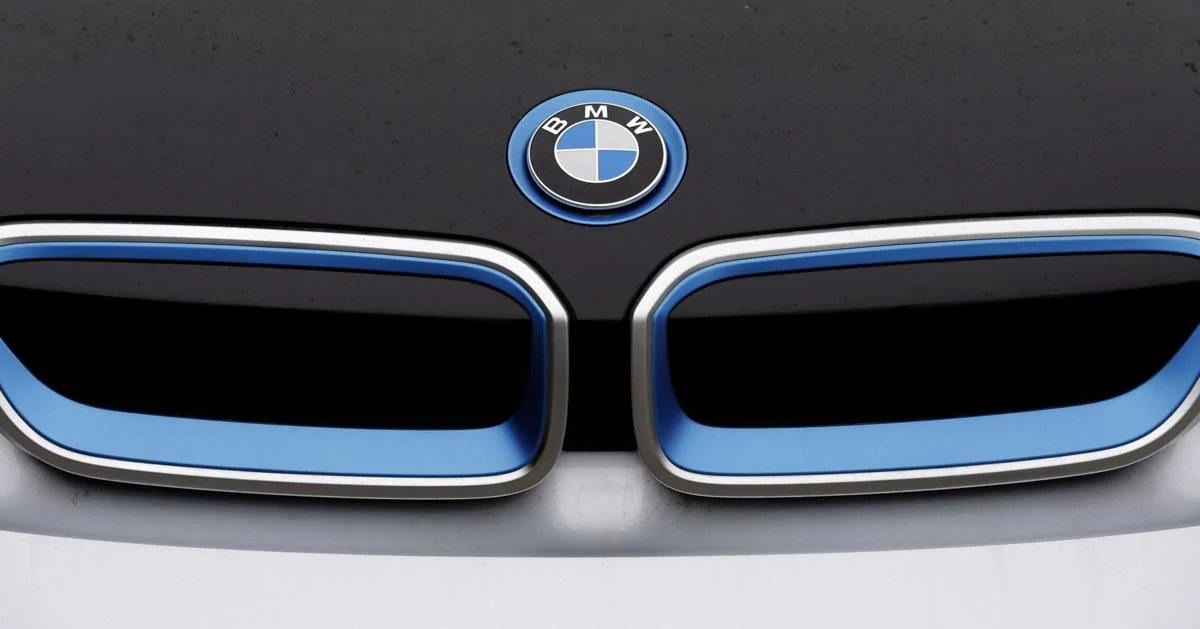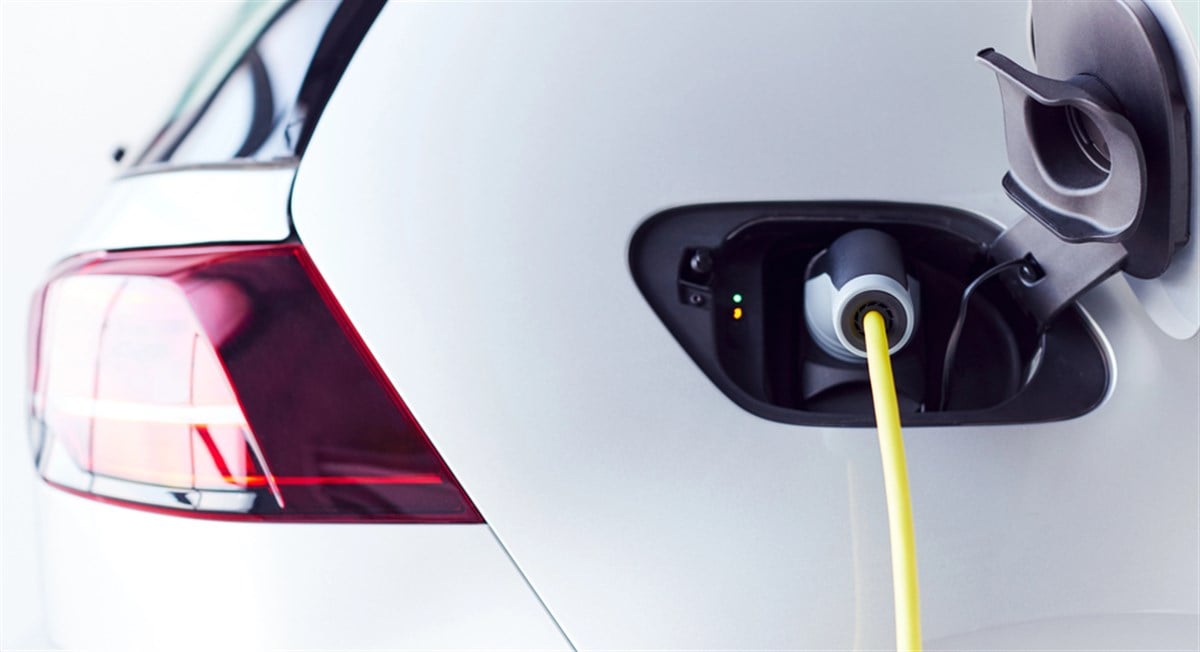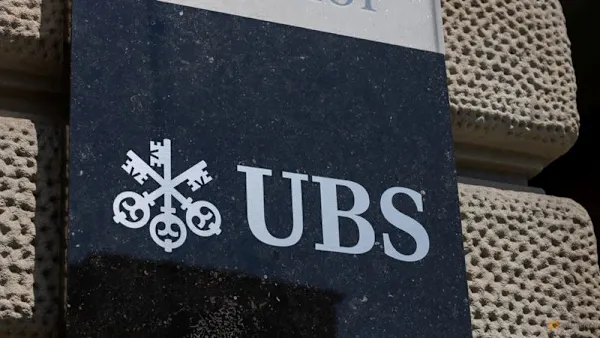
Tens of thousands of luxury BMWs manufactured at a South Carolina factory are included in massive recalls to replace engine parts that are causing some cars to spontaneously catch fire.
The voluntary recalls began last year with BMW’s discovery of a faulty German-made water pump installed in about 721,000 vehicles that could be linked to “thermal events” involving various models. It escalated last week with a separate recall to replace faulty French-made engine starters in about 196,000 vehicles.
Many of the cars were assembled at BMW’s massive Spartanburg factory, which cranks out about 1,500 cars a day and ships many to international destinations from the port in Charleston. The plant, which opened in 1994, is the world’s largest BMW manufacturing facility by volume, producing 450,000 cars per year.
The company said it was unaware of any injuries linked to the defective parts.
In April, the Spartanburg factory came under criticism from White House Senior Trade Advisor Peter Navarro for its heavy reliance on foreign-made parts, which he said did little to bolster the US economy. BMW rebutted his comments, citing an economic impact in S.C. of $26.7 billion.
BMW’s product and technology spokesman Jay Hanson said the S.C. factory’s operations will not be impacted by the recalls, which will be handled by authorized dealers. The BMW factory has been a major employer in the state since it opened in 1992, and currently has 43,000 workers.
Auto parts recalls are common, but the BMW issues have taken on new urgency after several widely-publicized car fires and a class-action lawsuit about the issue.
Investigations are continuing into the cause of a devastating fire last year in a Jacksonville, Fla., airport parking garage that caused an estimated $38 million in structural damage that will take 18 months to repair. Investigators pulled from the wreckage an incinerated BMW X3 that they believe started the fire after the owner parked it and rushed off to the terminal.
News reports suggested the BMW had been under an active recall at the time of the incident. The fire was so intense that the vehicle’s identification number was unreadable, according to a Jacksonville Airport Authority official.
After the fire, the Jacksonville owner of another BMW told reporters his car had spontaneously combusted in his garage and caused his house to burn down. Another owner in Louisiana posted an account on Facebook last year of her “burning BMW saga” and the company’s inability to pinpoint a cause.
Also last year, Quinyan Skinner, a BMW owner from Columbia, filed a federal class-action lawsuit in New Jersey over the faulty water pump issue, citing inconvenience to owners for completing the recall and inadequate notification of the issue from the company. The lawsuit was dismissed in December, court records show.
Asked about the lawsuit and reports of car fires, BMW’s Hanson said, “As a matter of policy, we do not comment on open investigations and/or matters in litigation.”
A spokesperson for the federal agency that investigates highway safety, the National Highway Traffic Safety Administration, said the agency has received no reports about the “vehicle cited in the Jacksonville fire and has no additional information on the incident.”
BMW has been a popular luxury car in S.C., with more than 80,000 of its cars and SUVs registered in the state, according to the S.C. Department of Motor Vehicles.
BMW does not give details of specific incidents in its chronology of investigations leading up to the recalls.
The water pump recall was issued in August, 2024 and covered various models assembled between 2012 and 2018, including cars in the X series made in Spartanburg. The company said small drops of liquid could drip into the water pump’s electrical connection and “over time, this could lead to a short circuit and, in rare cases, a thermal event.”
The recall notice asked owners to bring the vehicles to dealers for inspection after receiving a mailed notice that parts were available. It also asked owners to notify all drivers of the cars of a possible issue, but said it was safe to continue driving the vehicles pending evaluation. BMW estimated that only about 1 percent of the vehicles would have the defective part.
A recent quarterly report to NHSTA showed that BMW had provided remedies to 61,000 vehicles and removed or junked about 14,800 parts.
Owners have complained in online chat groups about delays implementing the service and confusion about how to proceed. The most up-to-date information is available on a company website, bmwusa.com/recall, in which owners may enter their VIN numbers for specific updates.
“The remedy is being rolled out in phases, with owners notified as their remedy is available,” said a NHSTA spokesperson.
The recall issued Sept. 23 for potentially defective engine starters included an unusual warning to owners to “park outside” until the part is inspected. A description of the underlying issue said corrosion inside the faulty starter “could lead to a short-circuit and possible overheating of the starter. In an extreme case, this could cause a thermal event during vehicle operation or when the vehicle is parked and the ignition is off.”
The notice lists numerous models installed with the starter that need inspection and possible replacement, including around 80,000 vehicles in BMW’s X line that are part of the S.C. production. It also covers a limited number of Toyota Supras equipped with the same starter.
BMW estimated that only a fractional number of cars would need major repairs.
The starter was made by Valeo, a French parts maker, that BMW said has been part of the quality control investigation.
The recall notice describes an investigation that began in July 2024 based on reports of vehicles experiencing a “thermal event.” Initially, it had reports of problems with a 2021 BMW 5 and a 2020 BMW 3.



